
First-ever malaria vaccine
will save countless kids
in Africa
Home
Stories
First-ever malaria vaccine saves countless lives in Africa
A revolutionary tool for saving lives, 35-years in the making, has been rolled out in countries that need it most. 18 million doses of the first-of-its-kind vaccine against malaria is set to change the lives of kids in Africa.
This is a historic step in health care! And it's all thanks to the dedicated support from partners and UNICEF donors.
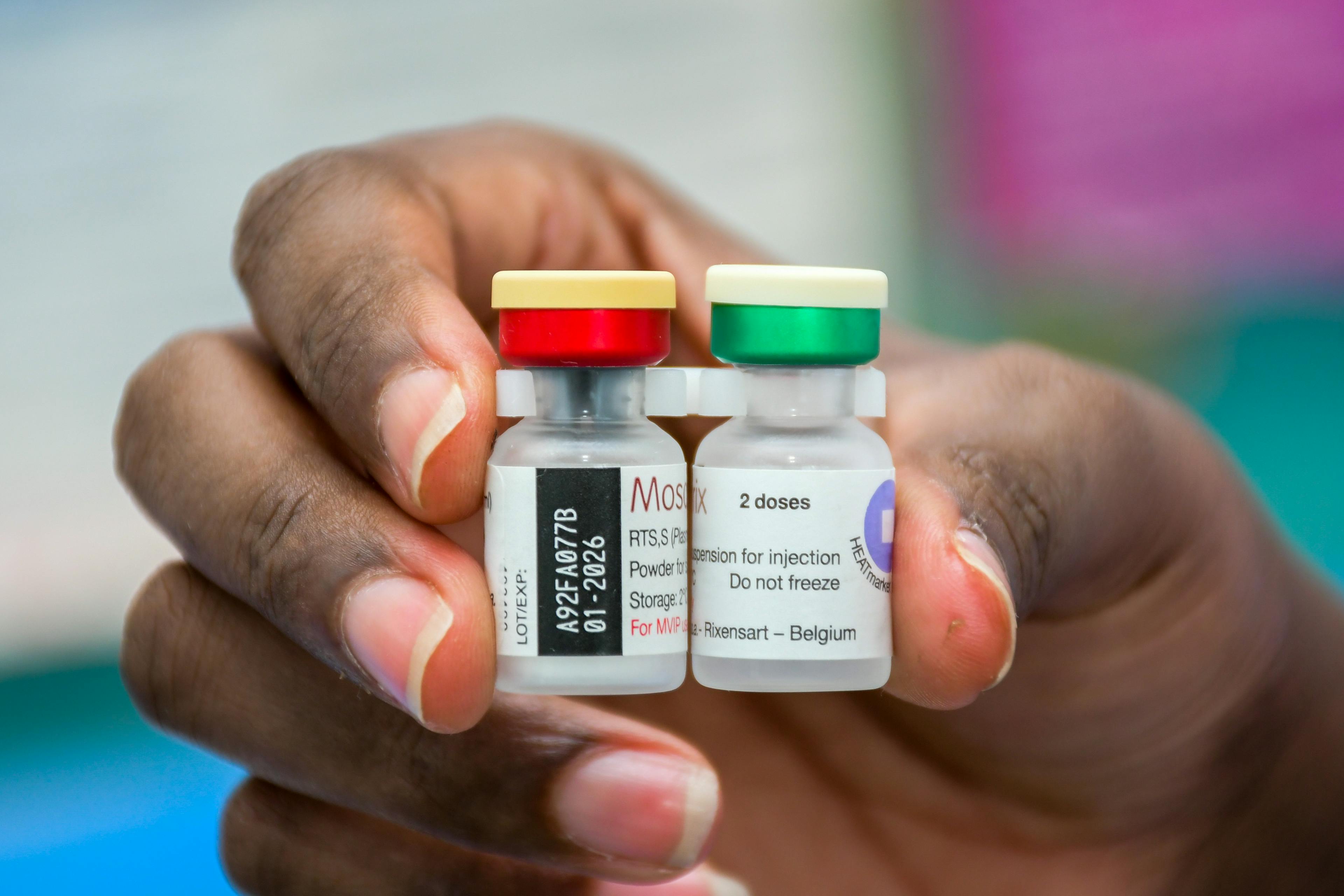
For too long, the deadly disease has been taking the lives of children less than five years old - with half a million deaths in 2020 alone. That’s an alarming rate of nearly one child per minute. But with this newly developed vaccine, the first to defend against a parasitic disease, hundreds of thousands of kids will be protected.
The pilot launch of the vaccine in 2019 targeted areas with the highest transmission rate of malaria - Ghana, Kenya and Malawi. 2 million children have received the four doses needed for maximum protection and already deaths have dropped by 13 percent, with less kids ending up in hospital.
It’s just the beginning and as the vaccine becomes more available,
the number of lives saved will continue to climb!
“For a long time, these deaths have been preventable and treatable; but the rollout of this vaccine will give children, especially in Africa, an even better chance at surviving. As supply increases, we hope even more children can benefit from this lifesaving advancement” said UNICEF Associate Director of Immunization Ephrem T. Lemango.
The wider rollout of the vaccine kicked into gear during December of last year, with 331,200 doses landing in Yaoundé, Cameroon. It was the first shipment to a country outside of the pilot phase and symbolised a ramping-up of the vaccination programme!
UNICEF has funded the production of 18 million units for delivery to 12 countries across Africa in the next two years. The rollout will start in areas with the highest risk of malaria, but 28 nations have expressed interest. In the coming weeks, 1.7 million doses are set for delivery to Burkina Faso, Liberia, Niger and Sierra Leone.
Several African countries have introduced the vaccine into their routine immunisation programme, making the vaccine easy and free to access, so kids can enjoy being carefree without getting sick.
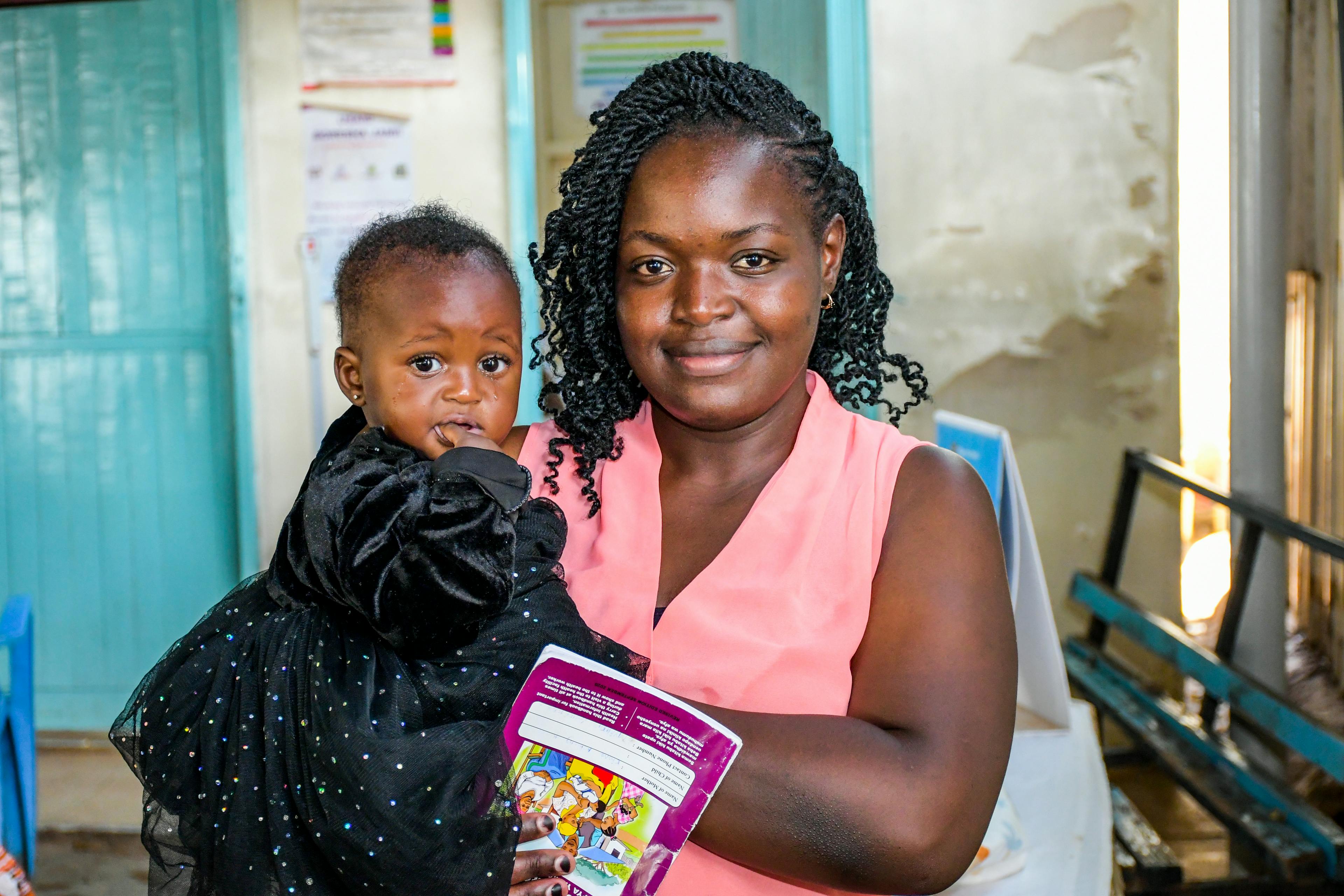
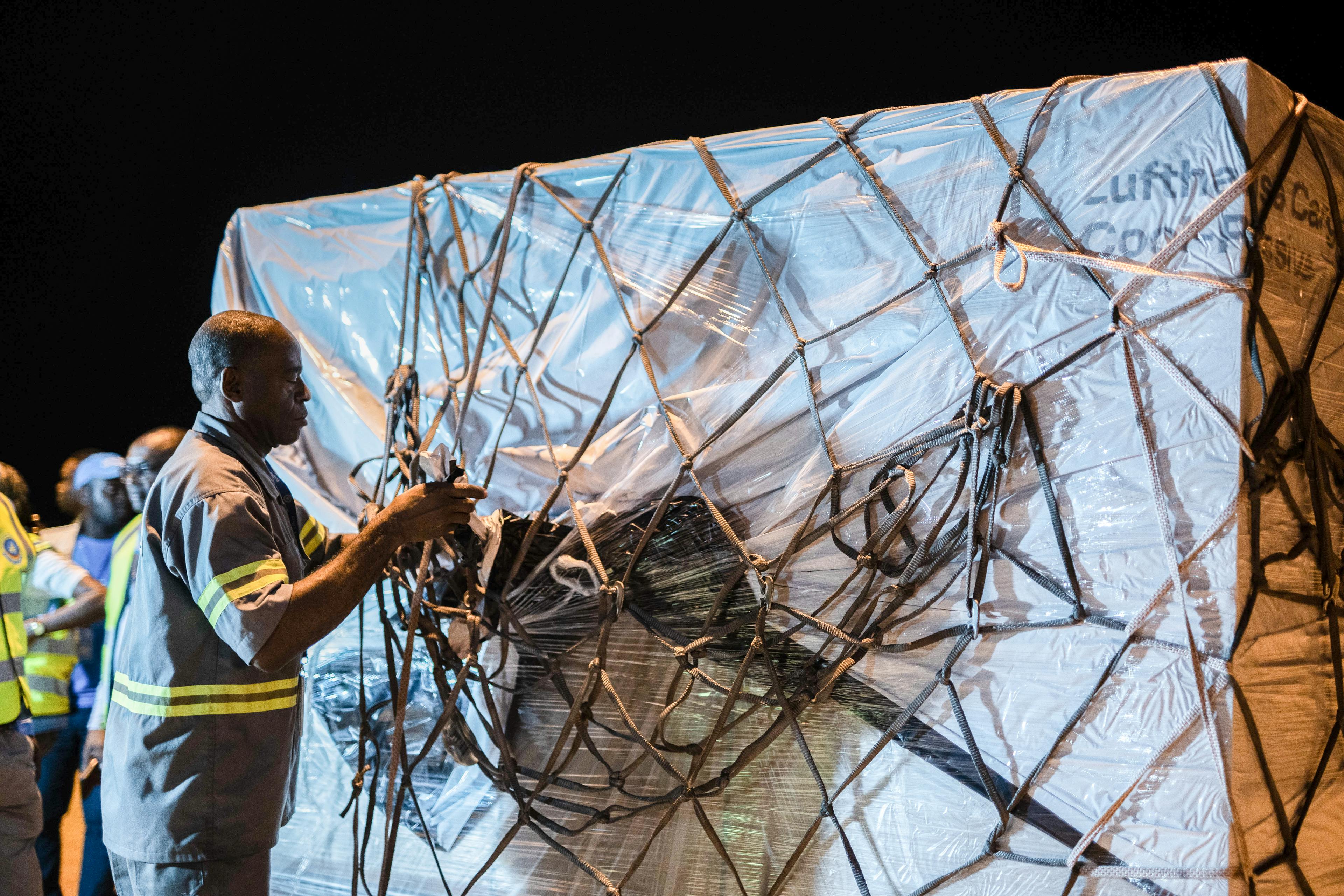
On 21 November 2023 in Yaoundé, Cameroon, an airport worker loosens the webbing securing a pallet holding boxes of the first WHO-approved malaria vaccine, which have just arrived as part of the first shipment.
“This could be a real gamechanger in our fight against malaria,” said UNICEF Executive Director Catherine Russell.
“Introducing vaccines is like adding a star player to the pitch. With this long-anticipated step, spearheaded by African leaders, we are entering a new era in immunization and malaria control, hopefully saving the lives of hundreds of thousands of children every year.”
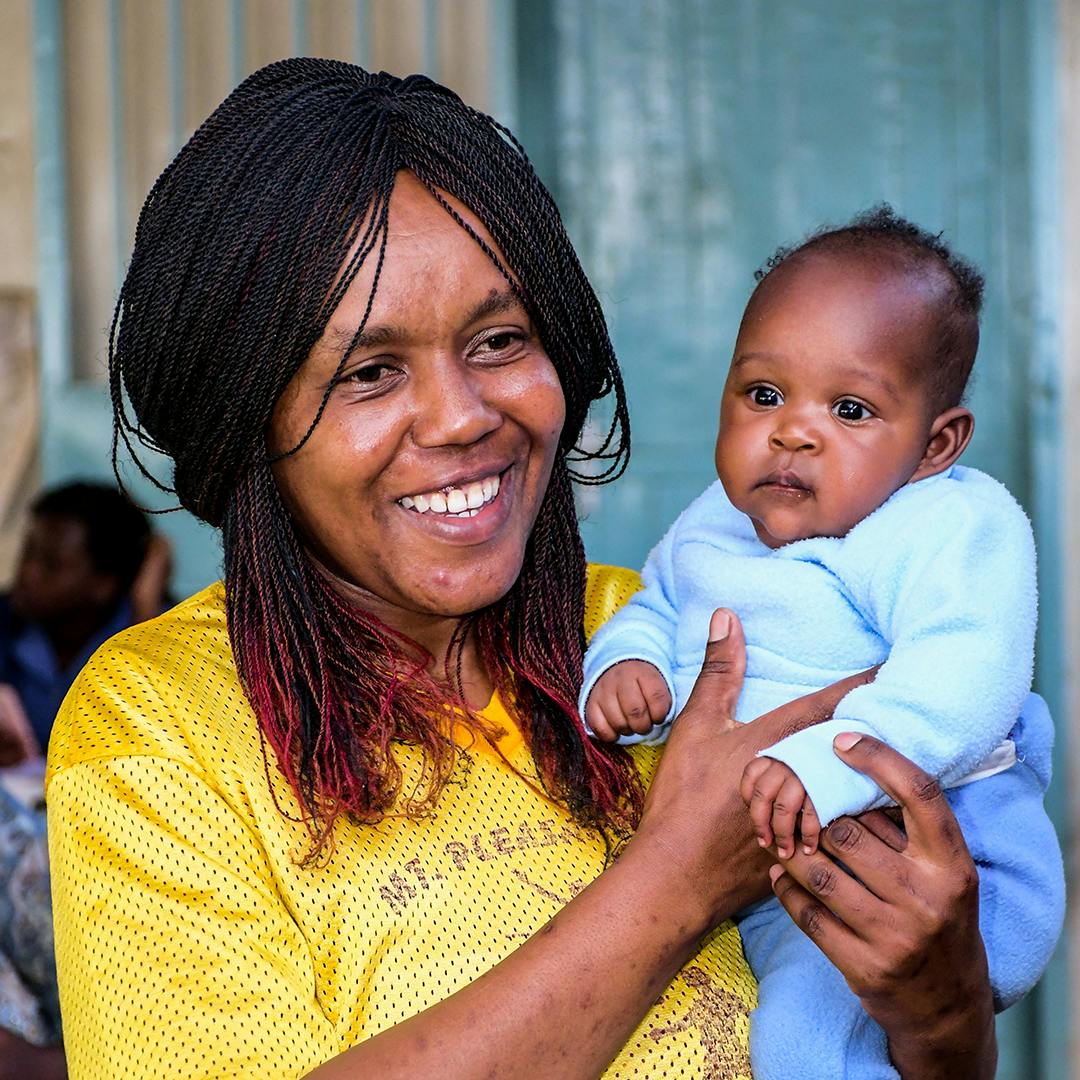
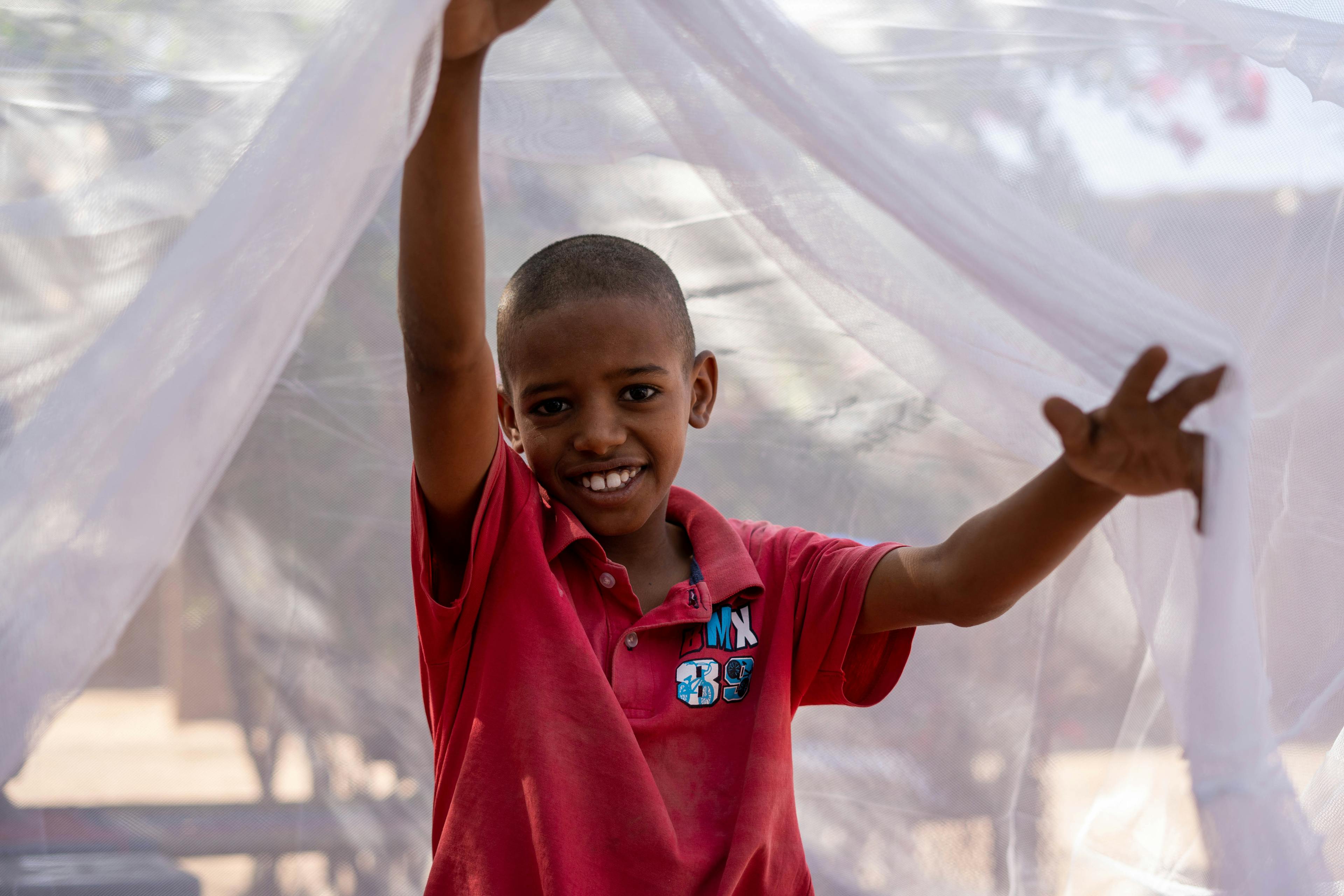
As well as the vaccine, we’ll continue providing other tools to combat the spread of malaria. UNICEF delivers anti-malaria bed nets that are treated with insecticide to create a chemical barrier that lasts up to three years – slowing the spread of the illness.
Thanks to our donors, UNICEF has distributed more than 275 million anti-malaria bed nets since 2012.
Another tool to help prevent the spread of malaria are rapid tests that support early detection. Every year we provide roughly 10 million rapid tests across African nations.
We also provide local health centres with medicine to treat kids that have been infected. In 2022 alone, 24.4 million malaria treatments were delivered
to 29 countries.
This helps mothers like 24-year-old Jeany Mwale, who was able to provide her 4-month-old daughter, Roda, with malaria medicine at her home in Mpuphila Village.
Public health experts have predicted that the vaccine, combined with current malaria control measures, could reduce deaths by up to 70 percent!
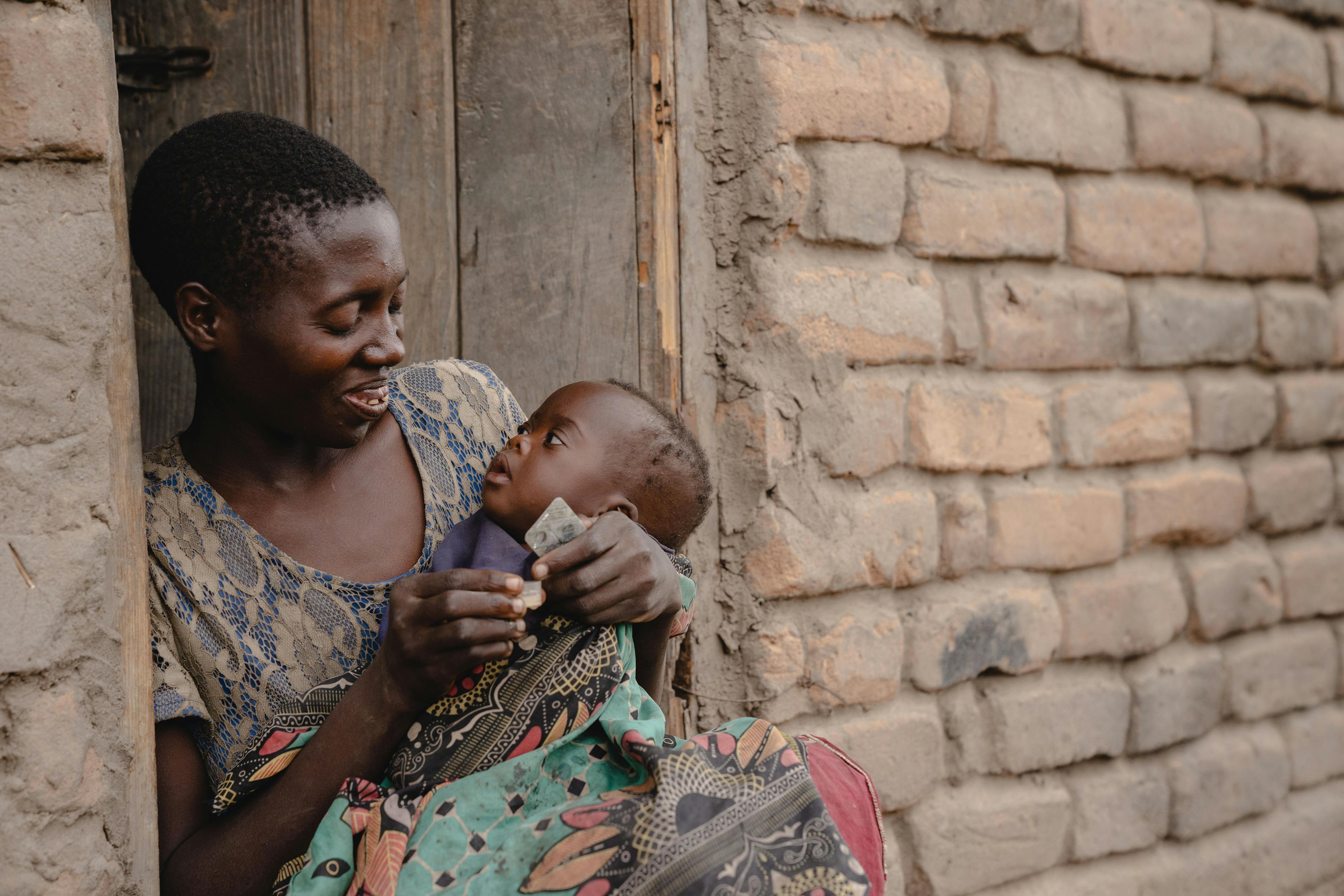
The ongoing fight against malaria will be challenging, but this revolutionary vaccine is a massive leap in the right direction. As the immunisation plan continues over the next two years, the impact for kids in Africa will be massive.
Follow along with us as we continue to protect kids around the world, so they can grow into happy, healthy members of society - no matter their circumstance.
If you want to help us to support kids that are in the greatest need, please consider becoming a global parent.